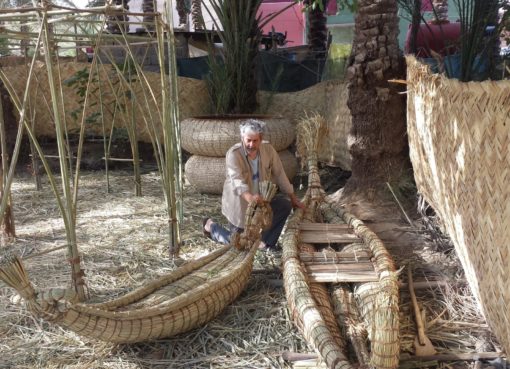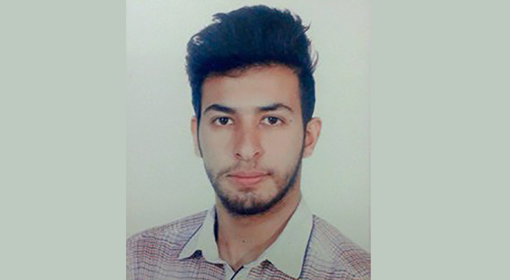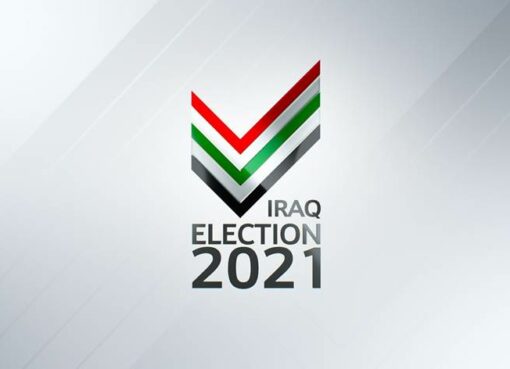The populist Iraqi cleric Muqtada al-Sadr, who led the Shia Islamist Sadrist bloc to a shock victory in the October 2021 elections, prompted heightened political instability in the country in 2022 by announcing his withdrawal from both the process of forming the next government and from Iraqi politics in general. Sadr’s decision to send his followers to invade Iraq’s parliament and Baghdad’s fortified Green Zone then sparked violent conflict that killed dozens. This marked a shift away from the cleric’s previous strategy of building a power base within Iraq’s prevailing political consensus, the muhasasa ethno-sectarian system, towards a much riskier and more destabilizing form of protest-based politics.
These events demonstrated the social power held by the Sadrist movement and by its voter base, which is largely made up of poor urban Iraqis and which constitutes one of the largest Islamist movements across the Middle East.
The authors of this paper present the findings of a bespoke sociological and political survey of more than 1,000 residents of the Baghdad closed district known as Sadr City, and analyse the shifting trajectory of the Sadrist movement and its implications for Iraq.
Summary
- For policymakers inside and outside Iraq, including in the West, Muqtada al-Sadr has been an enigmatic leader claiming many identities, shifting from insurgent militia leader to reformist protest leader, and from election winner and government coalition builder to revolutionary. His influence is of critical importance to Iraqi and regional politics.
- This research paper argues that Sadr has pursued a strategy of ‘controlled instability’, seeking to expedite political destabilization, not with the intention of reforming or bringing down the political system, but to bolster his own political power within the dominant Shia apportionment of the Iraqi state. A shift from a Shia-centric to Sadr-centric governance strategy accelerated after the movement’s 2021 election victory, further destabilizing Iraq’s already fragmented politics.
- Key to understanding Sadr’s influence is understanding his audience: his social base represents one of the largest Islamist movements in the Middle East. This paper presents the findings of a rare sociological survey of more than 1,000 residents of Baghdad’s Sadr City, a district with a high concentration of Sadr’s followers.
- The study indicates that while the Sadrist movement has benefited both politically and financially from its expanding influence over the state, its social base has remained impoverished. Sadr’s followers are demanding that he mount a more radical opposition to the political status quo, straining his model of controlled instability. By reverting to a protest footing, Sadr hopes both to retain legitimacy among his followers and to reach out to other protest factions, thereby rebuilding a protest-oriented political coalition.
- Despite his announcement in August 2022 that he was ‘quitting politics’, it is unlikely that Sadr himself will withdraw from Iraq’s political system or allow it to collapse, potentially into civil war. Sadrists will continue to stand for election and engage in politics. However, Sadr’s politics are being driven in a riskier direction, becoming more reactive and short-term, and increasing the likelihood of miscalculation – such as his parliamentary withdrawal, which has fuelled political instability and violent clashes across the country.
- Those who have looked to co-opt Sadr and the social power of his base to advance their own political interests have not succeeded. Most recently, Western policymakers saw him as a channel to limit Iranian influence in Iraq, support their preferred prime minister, Mustafa al-Kadhimi, and lead reform of the political system. Instead, Sadr, bolstered by his perception of tacit Western backing, has pursued his own political agenda, ultimately clashing with Western interests and demonstrating anew the pitfalls of backing individuals or ‘picking winners’ in Iraq’s complex networks of power.
- Western policymakers should focus on building coherent institutions across the Iraqi state that can hold the entire leadership to account.
(*) Senior Research Fellow, Middle East and North Africa Programme; Project Director, Iraq Initiative
(**) Postdoctoral Fellow, Aarhus University
Download full report:
2022-10-28-sadrist-movement-iraq-mansour-robin-dcruz
Source: Chatham House, 28 October 2022
https://www.chathamhouse.org/2022/10/sadrist-movement-iraq/summary








Comment here